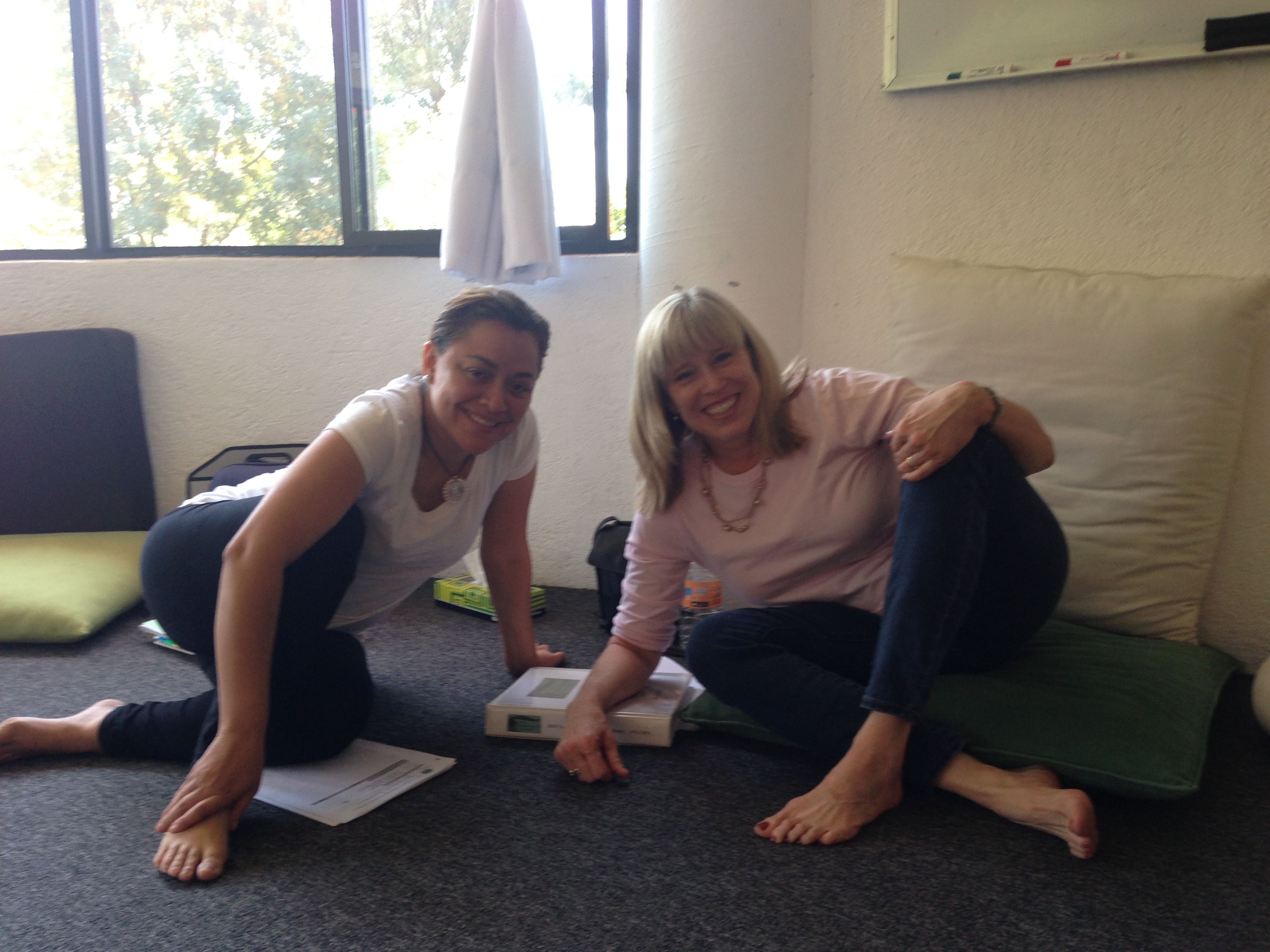Deep Learning Requires Struggle: So Where Does Play Fit In?

In my last blog post, I wrote about how much more fun I’ve had re-learning to play the piano by fooling around with the notes until they feel right, instead of trying to play all the notes perfectly(according to some external standard) the first time and every time.
I’m excited about this discovery not only because I’m enjoying the learning process itself. But also because, according to current stuff we’re learning about the brain, the kind of deep practice where I make mistakes and correct them over and over again, makes learning itself deeper and more integrated.
In his enlightening book The Talent Code, Daniel Coyle says, “Deep practice is built on a paradox: struggling in certain targeted ways—operating at the edges of your ability, where you make mistakes—makes you smarter. Or to put it a slightly different way, experiences where you’re forced to slow down, make errors, and correct them—as you would if you were walking up an ice-covered hill, slipping and stumbling as you go—end up making you swift and graceful without your realizing it.”
That is, to really learn a skill, struggle is not optional—it’s neurologically required! To get the circuits in your brain to acquire increasingly complex abilities, you have to make mistakes and pay attention to those mistakes in order to slowly teach your brain circuits what they’re supposed to do.
So if learning requires struggle, where does my idea of playing around with things fit in? Isn’t struggle the opposite of play?
To that I say NO!
In this context struggle is not the same as battle. To struggle is to aspire toward longings, to pursue, to reach. To battle is to be in conflict, to fight, to attack.
So trying to achieve perfection from the get-go when I’m learning to play a new piece on the piano means fighting to get the notes right. It means standing over myself with an internal judge who gets mad at me whenever I make a mistake. Which causes me to spend a whole lot of effort trying to keep from making any mistakes. The entire process of learning, then, becomes about making as few mistakes as possible, and being hard on myself if I “screw up.”
Did you hear that? When I’m trying to get the notes right, I’m actually setting up a whole scenario where mistakes are BAD. Where I’m afraid to make a mistake. And so I avoid mistakes.
And remember what we need for building new brain circuits?? We need to MAKE MISTAKES. And correct them. Over and over and over again.
So trying hard to get the notes right in order to avoid mistakes is the opposite of an efficient or flowing learning process!
If I instead bring a playful attitude of aspiration to my learning, I allow myself to fool around with the notes on the piano until I get a good feeling inside because the notes begin to sound great. When I’m playful, there’s no internal judge evaluating my performance. Instead, encouragement and pride are built into the process. Rather than feeling ashamed of having made a mistake, I feel proud that I can ferret out the mistake, and excited about gleaning the correction. I begin to enjoy the process of recognizing a mistake and figuring out how to correct it.
Don’t get me wrong—play doesn’t have to mean being lax, not caring, not concentrating, not being serious. The attitude of play simply creates an inviting and safe environment in which to concentrate hard on the game of making and correcting mistakes.
In other words:
Avoiding mistakes generates a downward spiral of fear and shame, rebellion or paralysis.
Playing around with correcting mistakes generates an upward cycle of effort, enjoyment, and reward; which leads to more effort, more enjoyment, and more reward…
And guess what? Experiencing an intensely positive emotional response to something you want to learn is another stream of fuel that nourishes the building of strong new brain circuits.
That’s right! As Coyle says, what ignites the progress of learning is not any innate skill or gene. Deep learning emerges from deep practice. Deep practice is ignited by visceral motivation. Motivation that springs from loving something so much that you want to learn it springs from longing to know how to do something so badly you can hardly stand not to practice.
So the enjoyment and pride that flow naturally from playing around with mistakes actually fuel the flames of motivation to practice, which strengthens brain circuits more and more and more.
The paradox is this: when we stop battling with ourselves to avoid mistakes, and instead allow ourselves to playfully struggle, we get out of our own way and instead tap into a cascading naturally rewarding process that’s almost infinite.
Pretty cool, huh?
I can hardly stand to sit still any longer. I think I need to stop writing and go play the piano!
Can you tell the difference between an internal attitude of judgment and evaluation, and one of invitation and playfulness? Do these attitudes vary during different kinds of activities you do? Can you tell what makes the difference? Don’t worry—it’s not always easy to just change these kinds of attitudes. I’ll write more about how to help judgmental parts of ourselves learn to be more kind.

